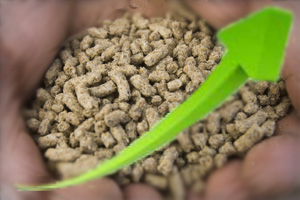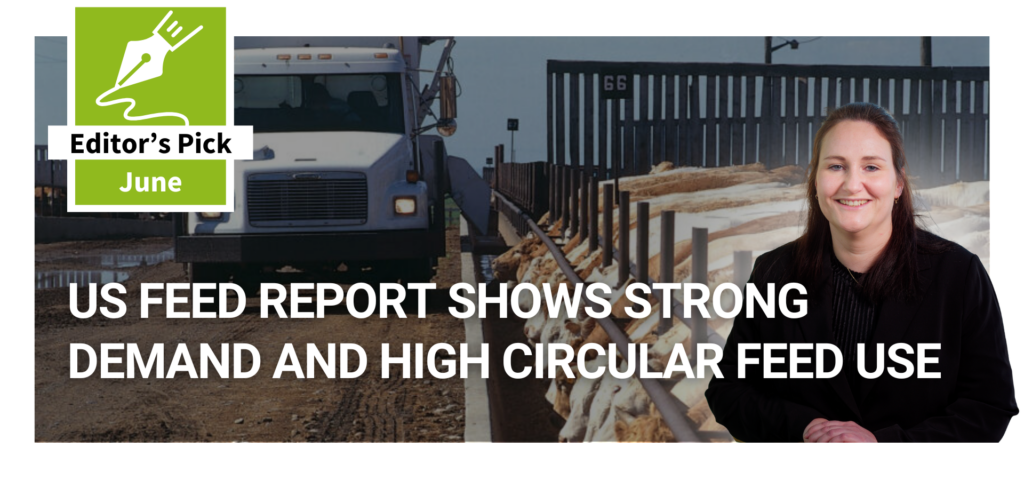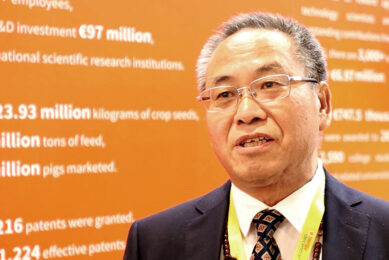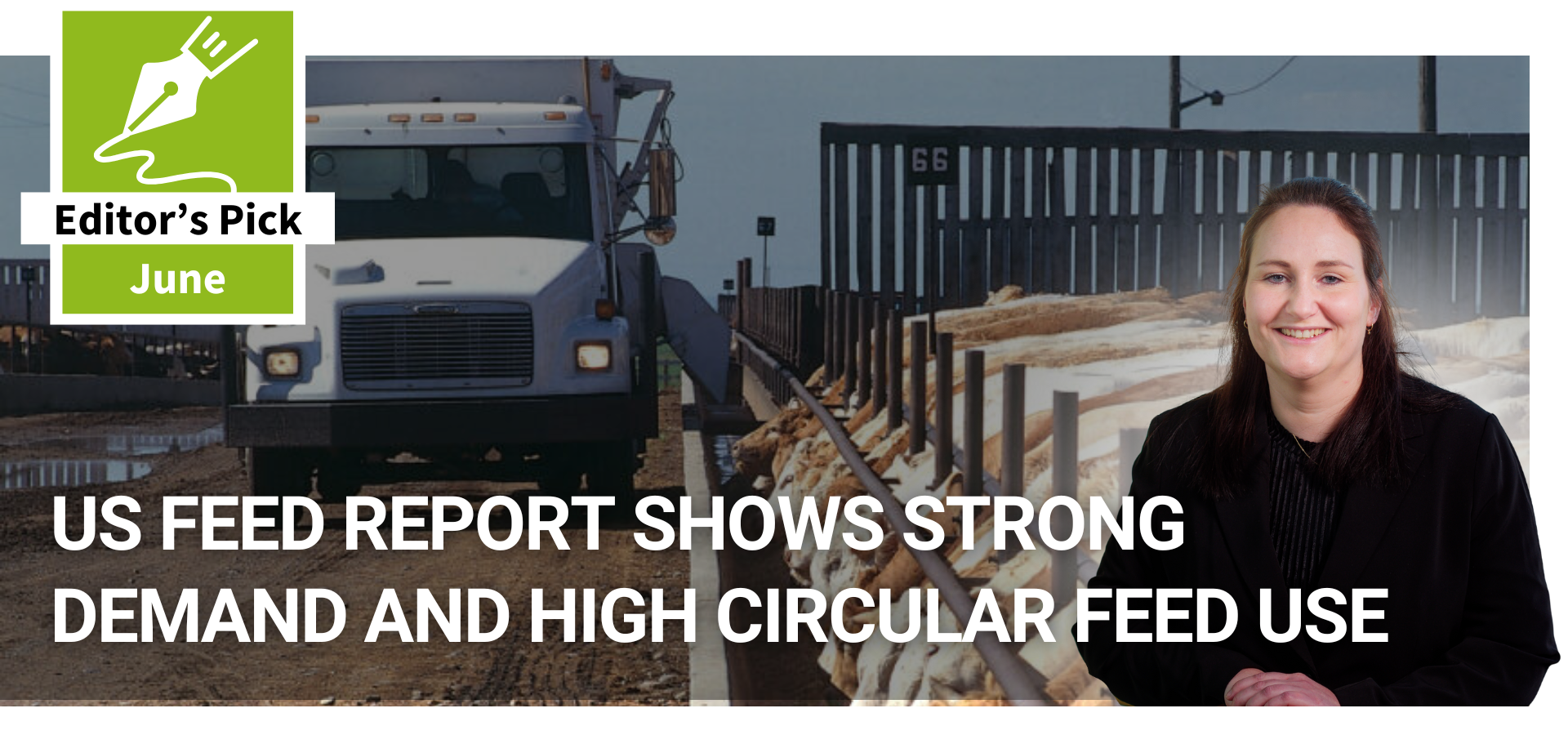Better results for feed division Cargill

In the last quarter, animal feed and agri-trader Cargill booked a net profit of 424 million dollar (€316 million). This is 12% less than the same quarter last year. The American company lost the most money in energy trading and suffered from the devaluation of the Venezuelan currency. However, the feed business did well.
Revenue rose with 2% to €27 billion. Over the total fiscal year, Cargill booked a total profit of €1.59 billion. This is 19% less than the previous year. Sales however, remained stable at €100 billion.
Cargill posted higher profits in the animal nutrition and meat divisions. The profit increase was partly due to acquisitions. Cargill exported more Australian beef and sold more animal feed to mainly the US cattle market. The poultry farms in Central America, Europe and Thailand also made more profit.
The trading division of Cargill benefited, just as competitors ADM and Bunge, of the greater availability of grains and oilseeds in North America. Last year, volumes declined to such a low level that even the high prices could compensate for this. Low commodity prices primarily benefit the ethanol production of Cargill.
Cargill announced that its drop in in net profit is the result of the deteriorating economic sentiment, also because of the Ukraine crisis. In March, Venezuela reduced the value of its currency, which led to a decline in Cargill’s businesses in the “Bolivian republic’.
Furthermore, Cargill had a wrong estimation of the US electricity market and therefore lost approximately 100 million dollar. The company addressed that it will heavily invest in new software for all 67 departments. This should make the purchasing of products easier.











